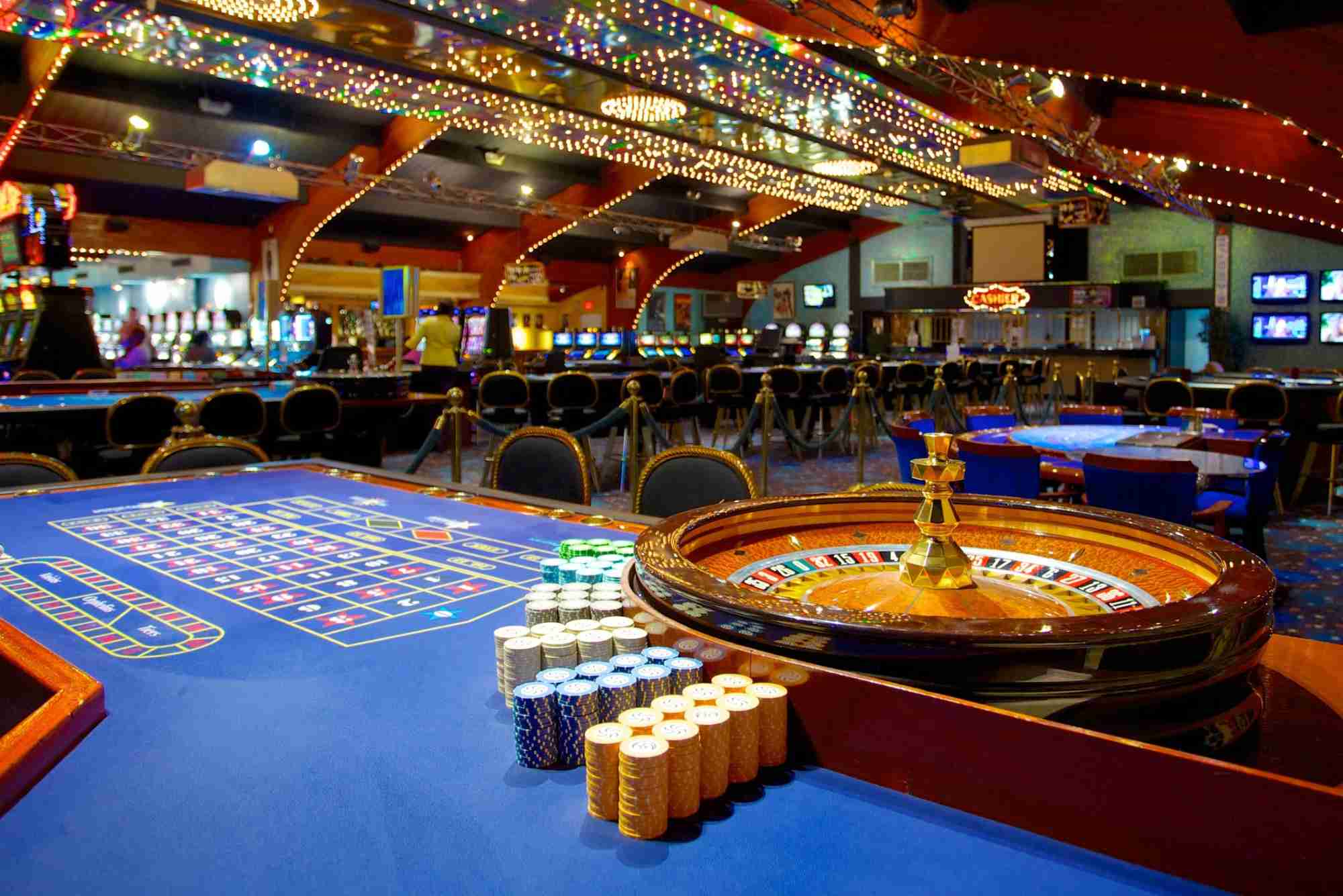Slot studios love to dangle flashy mechanics in front of us: tumbling reels, escalating multipliers, expanding wilds, you name it. But when you strip away the hype and look at your actual balance after a session, which feature feels like it truly delivers—multipliers or cascades? I’ve played both styles heavily, tracked sessions in spreadsheets (yes, I’m that person), and swapped notes with other regulars on forums and Discords. The short answer: it depends on your bankroll goals, patience level, and how you emotionally respond to volatility. The long answer is where things get interesting.
What Multipliers Really Do to Your Bottom Line
Multipliers are straightforward: they take your base win and crank it up. A 5x multiplier means that £10 hit suddenly becomes £50. In practice, most multiplier-heavy games use one of two approaches: fixed multipliers triggered by specific symbols/features, or scaling multipliers that climb with every cascade, free-spin, or bonus level. The beauty is in the compounding effect. When a multiplier sticks or increases during a feature round, tiny wins can snowball into bankroll-saving payouts. The downside is you often wait for the stars to align—high multiplier, decent symbol connection, no dead spins—before you see anything memorable. A lot of spins feel like setting the stage rather than getting the encore.
I like multipliers when I’m willing to be patient. I’ll accept a dozen mediocre base-game spins because I know that one hot streak with a fat multiplier can make up for it. This mindset keeps me calmer and helps me treat dead spins as “setup” instead of “losses.” It’s especially important when you drift off regulated UK sites and start exploring casinos not on GamStop; you’ll see plenty of multiplier-driven slots there, often with fewer restrictions but also with fewer safeguards. The excitement is real, but so is the responsibility—always double-check withdrawal caps, fairness audits, and RTP disclosures before you lean into long, high-volatility sessions.
How Cascades Change the Pace (and Psychology) of Play
Cascades—or tumbling reels—replace winning symbols with new ones in the same spin. One paid spin can turn into a chain reaction of additional hits, each adding to your total. There’s something delightfully sticky about cascades: they give you a sense of momentum. You watch the grid clear, new symbols drop, and think, “Come on, just one more…!” Even small cascades feel rewarding because you’re still “in the spin.” However, cascade-heavy games often balance this with lower individual symbol pays. The designers know you’ll get multiple hits per paid spin, so base values drop. Over time, it can feel like lots of movement for modest returns unless the game ties cascades to other multipliers or bonus triggers.
I reach for cascade games when I want a more consistent dopamine drip. Even if the total payout is modest, the sense of progress from chain hits keeps me engaged without the same emotional cliff edges that pure multiplier waiting games can create. That said, cascades can also trick you into extended sessions. The action feels constant, so your internal “stop” alarm snoozes. Set time or budget caps before you start and honor them—especially on offshore sites where frictionless deposits can be dangerous to your discipline.
Volatility, RTP, and the Feature Math You Never See
Most modern slots post an overall RTP (say, 96.1%), but how that RTP is distributed matters. Multipliers tend to create spikey variance: dry spells punctuated by big moments. Cascades smooth things out—more small wins, occasional mid-size pops, fewer epic peaks unless paired with aggressive multipliers in bonus rounds. If you love the thrill of a massive single hit, multipliers feel better. If you prefer “long play” and entertainment time per pound, cascades keep you ticking over.
Also remember: many cascade games secretly rely on multipliers in the bonus. Think of popular grid slots where each successive cascade increases the multiplier, or free spins where the multiplier never resets. In those hybrids, cascades are the ignition, multipliers the turbocharger. Studios mix and match because they know players love the kinetic feel of tumbles but crave the headline numbers multipliers promise.
Bankroll Strategy: Match the Feature to Your Mood and Money
Here’s my rule of thumb: when I’m on a tight budget or just want to relax, cascades give me steady engagement and a slower burn. I’ll set a fixed session time (say 30 minutes) and a loss limit, then enjoy the rhythm. When I have a slightly bigger bankroll and feel like hunting a big win, I lean into multiplier games—ideally ones with sticky or escalating multipliers in free spins. I accept that I might walk away with nothing… but if I hit, it could pay for the week.
Separate your bankroll segments. If you dedicate £50 to “high volatility, high reward,” don’t let a cascade slump bleed into it—or vice versa. Label your budgets mentally (or literally in a spreadsheet) so you know which mode you’re in. That’s how you keep a fun hobby from becoming a financial headache.
Real-World Examples That Taught Me the Difference
I once spent two hours on a cascade-heavy grid slot. I hit dozens of chains, triggered free spins twice, and walked away up… £8. Was I disappointed? Not really—my goal that night was cheap entertainment, and I got it. Another night, I fired up a multiplier monster known for 20x+ boosters in bonus rounds. Ninety minutes later I either needed a miracle or a pillow to scream into. One insane free-spin sequence hit a 15x multiplier with a cluster of medium symbols and boom—session saved. That’s the multiplier experience in a nutshell: famine or feast.
Mental Game: Emotional Bankroll Beats Math When You’re Tired
Even if the math says multipliers might produce bigger highs, ask yourself: can you emotionally handle the lows? If a long dry patch sends you tilting—raising stakes, chasing losses—multipliers can be dangerous. Cascades, even with smaller payouts, keep your brain engaged and less frustrated. On bad days, I purposefully choose cascade slots because they soothe the itch without provoking me.
Designers’ Tricks: Don’t Let Animation Fool You
Cascade slots are visually noisy: symbols explode, tumble, flash. Multipliers can be quieter until they hit huge, then they scream. Both use design to shape your perception of value. A cascade chain might pay £1.20 total but feel exciting because you got five “wins.” A multiplier might give you a single £50 line and feel underwhelming if it took 100 dead spins to arrive. Track totals, not feelings, if you want a clear view of value.
Choosing Between Them on Offshore Platforms
Outside the GamStop bubble, you’ll see a flood of themed cascade and multiplier games. On these sites, I double down on pre-session prep: check max cash-out rules (a huge multiplier hit means nothing if you can only withdraw £500 a week), confirm independent audits, and screenshot balances. If a site buries RTP info or makes support hard to reach, I skip it—no feature is worth playing blind. Responsible casinos (regulated or not) should make core data and terms easily visible.
Hybrid Mechanics: Why the “Either/Or” Question Is Getting Obsolete
Most newer titles blend both: cascading wins that increase a multiplier with each drop, or multipliers that only activate after a cascade clears certain reels. The best games marry pace with punch. If you see a slot touting “unlimited multiplier” and “infinite cascades,” read the fine print—there’s usually a cap somewhere, or a trigger requirement that keeps the odds in check. But when designed well, hybrids deliver a satisfying arc: steady cascades building to a monster multiplier moment.
My Personal Verdict: Context Is King
If I’m low on energy and just want to chill, I go cascade. If I’m feeling analytical, patient, and bankroll-ready, multipliers are my pick. In raw win frequency, cascades usually “feel” like they deliver more. In impact, multipliers tend to dominate. Ultimately, neither mechanic guarantees profit; they just distribute variance differently. Pick the flavor that matches your mood, money, and tolerance for droughts.
Practical Tips Before You Spin
Decide your goal: entertainment time or big-hit hunting.
Match feature to goal: cascades for time, multipliers for spikes.
Set an exit rule: profit target or time limit. Stick to it.
Track total session cost vs. return. Don’t trust your memory; it’s biased by “big moments.”
Audit the casino: RTP transparency, cash-out caps, support responsiveness—especially crucial off GamStop.
Final Thoughts: Wins Aren’t Just Numbers
“More wins” can mean “more often” or “more impactful.” Cascades usually win the “often” contest. Multipliers tend to win “impactful.” The one that delivers “more wins” for you is the one that satisfies the reason you sat down to play in the first place. Be honest about that reason, protect your bankroll, and let the mechanics serve your fun—not the other way around.








